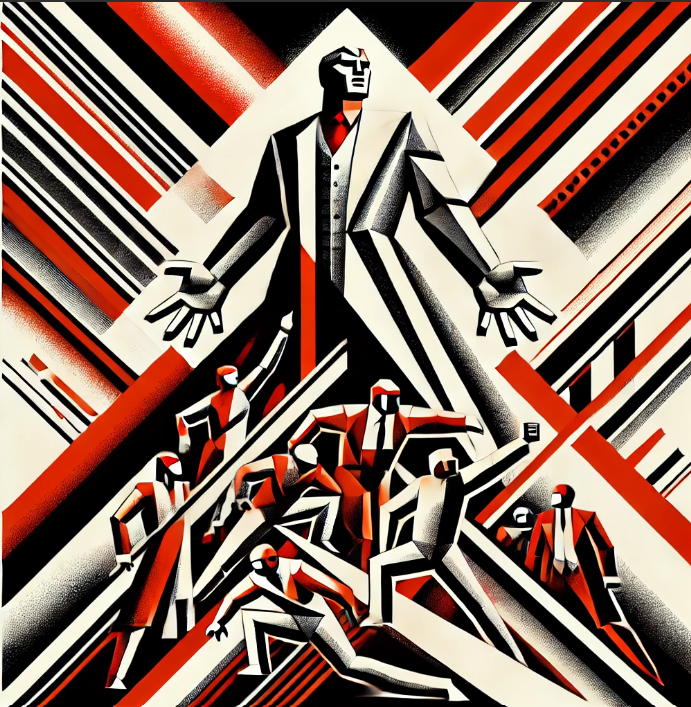Internal Event
Fascism and the Body, a roundtable
April 9, 2025 5:00 PM – 7:00 PM
Alumni Reading Room, 200 Willoughby Ave, Brooklyn, NY 11205

A Critical Conversations Event
The Fascism and the Body roundtable event will begin with context and stories of control. Visual and performing arts case studies will chart history and concepts for framing current governmental attacks on bodily autonomy. Building on this discussion of oppressive and authoritarian levers of control, panelists will turn to performance, gender ideology, and civil liberties lenses. These will explore the gendered and sexual policing of bodies along with strategies for resistance to inspire communities of action and support at Pratt. Blank postcards will be handed out to design and address to corporate and political targets, calling for continued vigilance, and protection of our rights. These postcards will be collected and displayed on a wall in the student union from April 11th-15th, with a kick-off and culminating postcard making / writing pizza party where we will invite students to make work on postcards expressing their concerns, frustrations and perspectives related to fascism and bodies in a Pratt-style version of a letter writing campaign. Recommended language and targets for mailing these postcards will be provided, but participants will also be encouraged to identify their own targets and messaging. The postcards will be collected, stamped and mailed following the April 15th event.
Dates:
Roundtable: April 9th, 5-7pm, Alumni Reading Room
Kick-off postcarding and pizza party: April 11th, 11:30-2:30, Student Union
Culminating postcarding and pizza party: April 15th, 3:00-6:00, Student Union
This initiative is organized by the Transdisciplinary Discourse on the Body FLC as part of its mission to support body literacy at Pratt and supported by Pratt’s Academic Senate and the department of Social Sciences and Cultural Studies.
This event is part of Critical Conversations: creating space for and educating one another about our multiple cultural contexts, activism, civil discourse, and academic engagement.